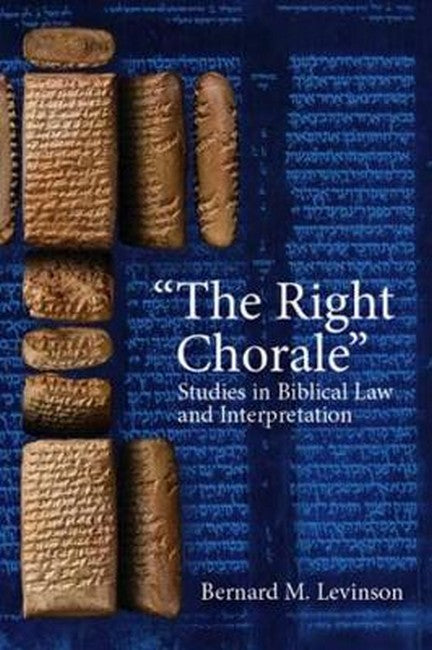Part I. Setting the Agenda: Why Biblical Law Matters
1. “The Right Chorale:” From the Poetics of Biblical Narrative to the Hermeneutics of the Hebrew Bible
2. The Seductions of the Garden and the Genesis of Hermeneutics as Critique
3. The Sinai Covenant: The Argument of Revelation
4. Deuteronomy’s Conception of Law as an “Ideal Type”: A Missing Chapter in the History of Constitutional Law
Part II. The Paradigm of Legal Hermeneutics: Close Studies and Test Cases
5. The “Effected Object” in Contractual Legal Language: The Semantics of “If You Purchase a Hebrew Slave” (Exodus 21:2)
6. Textual Criticism, Assyriology, and the History of Interpretation: Deuteronomy 13:7a as a Test Case in Method
7. Recovering the Lost Original Meaning of welo’ tekasseh ’alayw (Deuteronomy 13:9)
8. “But You Shall Surely Kill Him!”: The Text-Critical and Neo-Assyrian Evidence for MT Deuteronomy 13:10
Part III. Debate and Dialogue: The Question of Method
9. The Case for Revision and Interpolation within the Biblical Legal Corpora
10. Calum M. Carmichael’s Approach to the Laws of Deuteronomy
11. The Hermeneutics of Tradition in Deuteronomy: A Reply to J. G. McConville
12. Is the Covenant Code an Exilic Composition? A Response to John Van Seters

